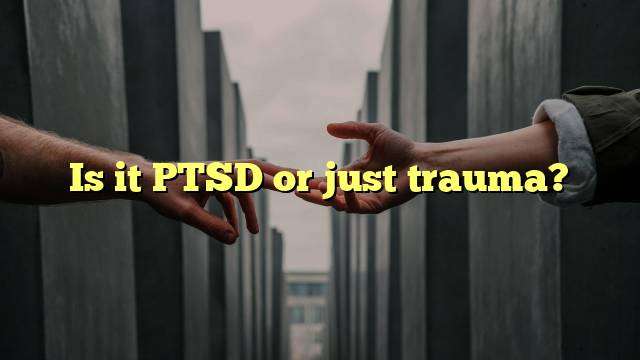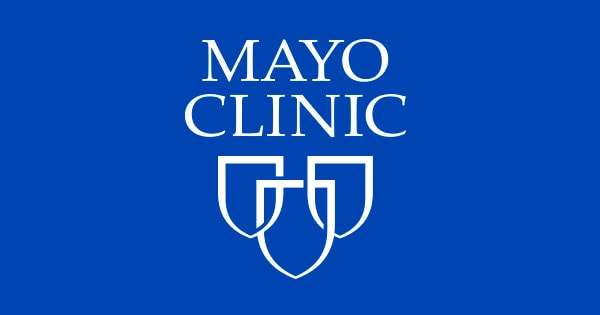Is it PTSD or Just Trauma?
The terms PTSD and trauma are often used interchangeably, but there are some key differences between the two. Trauma is a time-based experience, meaning it is a particular event or experience that has a beginning and an end. Post-Traumatic Stress Disorder (PTSD), on the other hand, is a longer-term condition in which one continues to have flashbacks and re-experience the traumatic event. To meet criteria for PTSD, there must be a high level of ongoing distress and life impairment.
What is Trauma?
Trauma is an emotional response to a terrible event such as an accident, rape, or natural disaster. It can also be caused by ongoing verbal, physical, sexual, or emotional abuse. Traumatic events often involve a threat to life or safety but any situation that leaves someone feeling overwhelmed and alone can be traumatic. People who experience trauma may feel fear, helplessness, shock, guilt, and even shame.
Signs and Symptoms of Trauma
The signs and symptoms of trauma can vary from person to person, and not everyone will experience the same symptoms. Some common symptoms of trauma include:
- Intrusive thoughts or memories of the event
- Nightmares or flashbacks of the event
- Difficulty sleeping or concentrating
- Intense feelings of distress when reminded of the event
- Physical reactions such as a racing heart or sweating when reminded of the event
- Avoiding activities, places, or people that remind the person of the trauma
- Feelings of guilt or shame
- Negative changes in beliefs and feelings about oneself or the world
- Changes in emotional reactions such as being easily startled or feeling tense
- Difficulty maintaining close relationships
What is PTSD?
Post-Traumatic Stress Disorder (PTSD) is an anxiety disorder that can develop after experiencing or witnessing a traumatic event. It is characterized by a wide range of symptoms and can have a significant impact on a person’s daily life. People with PTSD may have difficulty sleeping, feel constantly on edge, and have intrusive memories of the traumatic event. They may also experience intense feelings of guilt, shame, and fear.
Signs and Symptoms of PTSD
The symptoms of PTSD can vary from person to person and can range from mild to severe. Some common symptoms of PTSD include:
- Intrusive memories or flashbacks of the traumatic event
- Nightmares or dreams related to the event
- Avoidance of situations or activities that remind the person of the event
- Negative changes in beliefs and feelings about oneself or the world
- Changes in emotional reactions such as being easily startled or feeling tense
- Difficulty sleeping or concentrating
- Difficulty maintaining close relationships
- Feelings of guilt, shame, or fear
- Hyperarousal or feeling constantly on edge
- Irritability or outbursts of anger
The Difference Between Trauma and PTSD
The main difference between trauma and PTSD is that trauma is a time-limited experience while PTSD is a longer-term condition. Traumatic events often involve a threat to life or safety but any situation that leaves someone feeling overwhelmed and alone can be traumatic. In order to meet criteria for PTSD, there must be a high level of ongoing distress and life impairment.
It is important to remember that everyone’s experience with trauma and PTSD is unique and there is no one-size-fits-all approach to treatment. It is important to seek help from a mental health professional if you or someone you know is struggling with trauma or PTSD. With the right support, it is possible to manage symptoms and lead a healthy and fulfilling life.



